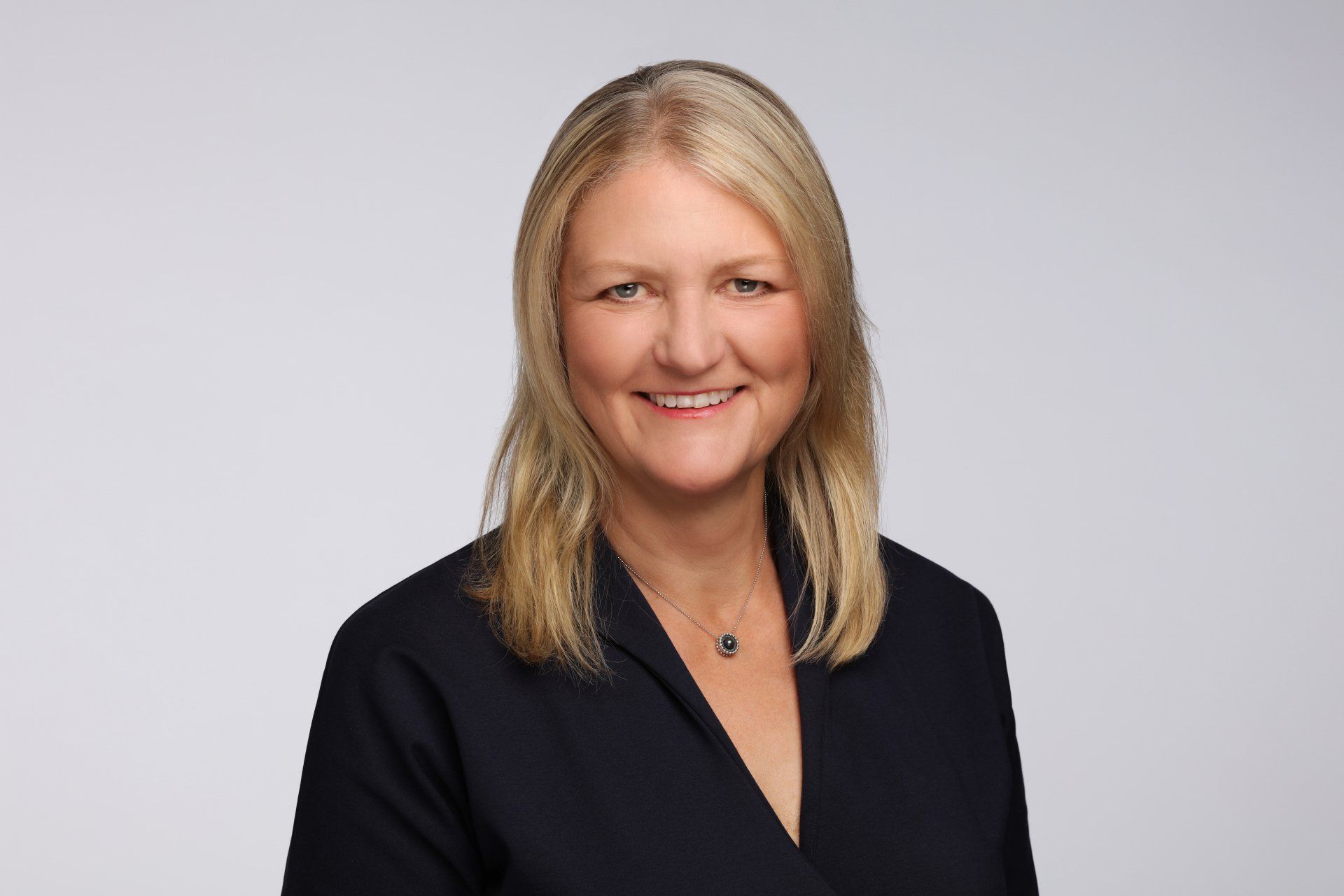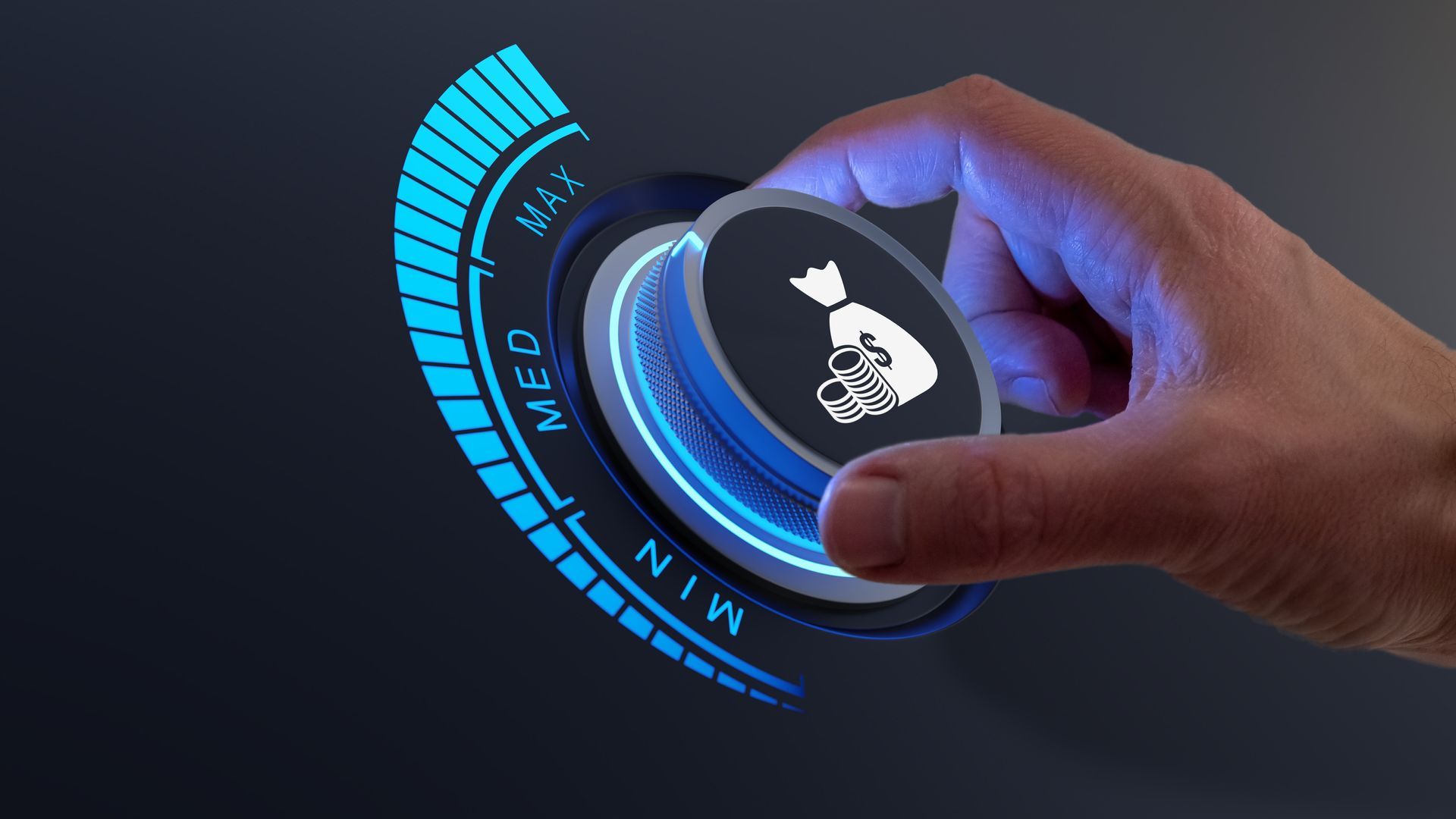Alison Gill is a behavioural psychologist, triple Olympian and the co-founder of Bvalco, a board evaluation consultancy focused on helping boards become fit for the future.
Parliament could learn a thing or two about how successful boards manage divided opinion to identify creative shared solutions.
There was a time in the not too dim and distant past when ‘groupthink’ was derided. When government and businesses alike worried that if all the individuals involved in a decision-making process were very closely aligned in their beliefs, decisions would go unchallenged, debate would be closed and risks and opportunities would be overlooked.
Now that we have successfully achieved ‘diversity of opinion’, with most people feeling safe airing their widely differing thoughts and opinions on an almost daily basis, it’s tempting to yearn for a time where our political leaders weren’t dependent on referendums to sort out their differences.
But is it the diversity of opinion, or how those differences of opinion are being managed, that’s the real problem?
Why independent facilitation matters
Parliament is a very different beast to the corporate world, but perhaps the biggest difference between a FTSE company and the government is the role of the Chairman as an independent facilitator.
When Douglas Flint, former Chairman of the Board of HSBC Holdings, found himself responsible for facilitating the decision-making process required to keep HSBC’s headquarters in London a couple of years ago, he talked about the importance of staying neutral and not putting his views on the table.
Recalling his experience at an event held by the Financial Times , he said, “I saw it as my role to keep asking the board what more information they needed to make the decision. It wasn’t until we were all sure that we had all the information about every aspect of the issue that we had the discussion that led to the final decision. It was unanimous.”
Compare that to debate about the controversial ‘backstop’, the clause in the EU Withdrawal Agreement that, if needed, keeps the UK in the customs union to avoid a hard border between Ireland and Northern Ireland, and the impact of the lack of an independent facilitator becomes clear.
Instead of open and honest debate about the many complex issues surrounding the assumption that Northern Ireland needs to be treated exactly the same as the rest of the UK – when this assumption has already contributed to the collapse of its own government – closed and ineffective debate has resulted in deadlock with both Parliament and Europe.
With most of the general public also lacking the detailed information needed to make an informed decision about how best to overcome this most sensitive and complex aspects of Brexit, throwing the fight back to the people, via a ’people’s vote’, is just as unlikely to unite the country behind a shared vision.
What’s needed isn’t a second referendum, but rather an independent facilitator, like that provided by the role of a chairman, who can provide the neutral ground needed for MPs to rigorously debate the technicalities of the problem until they can find a creative shared solution.
Why the Queen is right to call for common ground
Amidst all the conflict, resignations and votes of no confidence already brought about by Brexit, the Queen was right to recently highlight the importance of “respecting different points of view, coming together to seek out the common ground and never losing sight of the bigger picture”. Because difficult as it is to believe when you pick up a paper or watch Prime Minister’s Questions, there will indeed still be substantial areas of common ground.
Identifying and keeping this front of mind matters because, in a slight return to the psychology of groupthink, it’s only when people feel that they are all in someway united that they feel best able to consider alternative perspectives, instead of clinging to the views held by their own ‘tribe’.
When guiding boards to reach collective decisions, Chairmen work hard to ensure everyone involved in the debate is agreed on the issues that actually need to be addressed. If a Chair were residing over Parliament, his or her first step would be to agree what actually needs to be agreed upon.
For example, it’s clear that many MPs still wish to override the result of the initial referendum, on the grounds that people didn’t have all the facts required to make a properly informed decision. While others believe that to do this would be undemocratic and undermine the workings of government.
Critical to progressing the decision-making process is therefore taking the time required to agree on what it is Parliament is trying to achieve and what everyone is united in wanting to make happen. Only then can creative debate into how best to make that happen commence.
Using ‘diversity of opinion’ to identify creative solutions
Once the issues to address have been agreed upon and the areas where there is already agreement defined, boards typically start the process of collectively creating possible solutions. This involves each individual accepting that even though they could come up with their own solution to the problem, talking to other people with differing views will give them different perspectives and insights that will help them to make a better and more rounded decision.
By creating her own solution, then presenting this to Parliament as a ‘done deal’, instead of allowing cross-party teams to collaborate on formulating a creative more rounded solution from the outside, the Prime Minister has lost a valuable opportunity to tap into the opportunities that ‘diversity of opinion’ creates for generating creative solutions.
Following the historic defeat, in which many of her own party voted against her, resulting in her Brexit plan being rejected by a majority of 230, she now has no option but to better take into the conflicting views of those she is surrounded by.
With the clock ticking, the upshot is that if the Prime Minister can’t now facilitate a creative shared solution, she may well have to look to someone else who can perform the role of ‘independent facilitator’ in order to find the consensus needed to move forward.
Share this article on LinkedIn!




